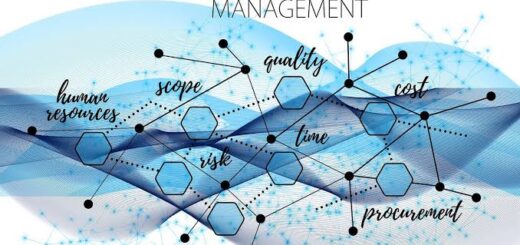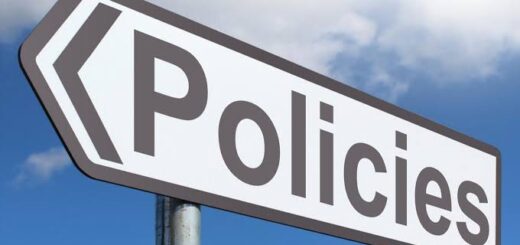New Concepts in Human Resource Management
New Concepts in Human Resource Management

The role of the senior manager should be to help and cooperate with the line managers in such a way that optimum utilization of human resources can be done. Areas such as wage negotiations, collective bargaining, recruitment and social welfare require the professional skills and strategy of a service professional. Because of their education and training they are best suited to handle these delicate matters.Are friendly people. According to Professor Manoria, ‘In a rapidly changing society like ours, self-development in the professional field is a constant trait which must be maintained at all levels otherwise obsolescence will drain our energies’.
The work of a senior manager has changed a lot. Following the recommendations of the Royal Commission on Labour, the function of a Labor Officer was to ‘deal with employment matters and labor grievances’. factoryAfter the enactment of the Act, 1948 (Section 49), the Servant Manager was identified with the Parental Labor Welfare Officer. However, their role remained largely within legal boundaries, as they arose out of labor legislation. Since good labor welfare is no replacement for bad management, organizations were forced to develop interest in the social good of workers. As a result, the working classThe scope expanded, new dimensions were added and the emphasis changed. With these changes, changes in the role of the senior manager will also become necessary. Therefore, cultural, social and economic changes have infiltrated the field of middle-class management. A greater emphasis on human dignity and a stronger and more vibrant labor movement created a favorable environment for the development of working-class management in India.Is. The consequences of these changes are described below-
(1) Trends in collective decision making – From the ancestral attempt to help needy employees mainly in solving their personal problems, industrial organizations in India have moved towards a collective consultative process of decision making which affects the employees. It can be achieved through voluntary acceptance by employers, government legislation by powerful labor unions,Has come by. The attitude of employers and labor unions towards each other has gradually improved. The profile of the Indian workforce is changing with increasing awareness of education and its rights. Better awareness of their rights will result in greater demand for collective participation in management.
(2) More emphasis on Human Resource Development – The future of civil service management is more about HRD than an administrator of civil service.Will be in. He will advise the management on the relationship between individual development and the achievement of organizational goals. He will devote himself to conducting meaningful cross-disciplinary research with a view to assisting managers in understanding current human behaviour.
(3) Change in the profile of workers – Educated workforce will demand better autonomy and volunteerism in the workplace. needs of educated andAmbitions have changed the gender composition of the work force. These women workers have started to establish themselves and resist the ‘discrimination’ against them. These factors have resulted in changes in current working-class policies.
(4) Change in the attitude of top management – The scope of senior management work depends to a great extent on its importance in the organization and the attitude of the top management.Is.


